Introduction
Are your Jeep Cherokee brakes dragging? Learn how to fix them with our expert tips and tricks. Read on to find out more.
Jeep Cherokee owners are passionate about their vehicles, and for good reason. The Cherokee is a dependable SUV that can easily tackle various terrains. However, even the most reliable cars can have their fair share of issues.
One common problem that Jeep Cherokee owners may encounter is brakes that are dragging. This issue can be frustrating, as it can cause excessive wear on the brakes and reduce fuel efficiency. Fortunately, there are several ways to fix this problem. In this article, we’ll explore what causes Jeep Cherokee brakes to drag and how to fix the issue.
Why are my Jeep Cherokee brakes dragging? Causes and Why It Happens?
Brake Pad Wear
One of the most common reasons why your Jeep Cherokee brakes might be dragging is due to brake pad wear. Over time, the friction material on your brake pads will wear down, causing them to become thinner and less effective. This can cause the pads to get stuck against the rotor, leading to the brakes dragging.
Sticking Caliper
If your brakes are dragging, it’s likely because of a stuck caliper. The pads on your Jeep Cherokee should be worn down enough that they can no longer push the rotors against the metal brake rotor. If you notice this happening, you need to replace the pads before they wear further and become unable to contact the rotor.
To check if your calipers are stuck:
Remove both wheels from the vehicle so they’re not connected to other parts of the car.
Press down on each wheel until it begins moving back up slowly; continue doing this until both wheels have stopped moving (they should stop moving within about 2 seconds).
If either one does not move back up after several attempts at pressing down on them fully, then the problem is probably caused by an issue with one or more components inside its mechanism which prevents movement from occurring when commanded by electronics within control unit (ECU).
Brake Fluid Contamination
Contaminated brake fluid can also cause your Jeep Cherokee brakes to drag. If moisture or air gets into the brake fluid, it can cause the brake system to malfunction and the brakes to drag. This can also lead to other issues, such as brake fade or reduced stopping power.
Malfunctioning Brake Booster
The brake booster is responsible for providing additional force to the brakes when you press the pedal. If the brake booster isn’t functioning correctly, it can cause your Jeep Cherokee brakes to drag. The brakes won’t release fully when you take your foot off the pedal.
Frozen Brake Line
Finally, a frozen brake line can also cause your Jeep Cherokee brakes to drag. This occurs when water or moisture gets into the brake line and freezes, preventing the fluid from flowing properly. This can cause the brakes to drag and reduce stopping power.
Malfunctioning Master Cylinder
The master cylinder is the primary source of hydraulic pressure for your brakes. If there is a leak in this system, you may notice that your brake pedal feels spongy or soft when you apply pressure. You may also hear a squealing sound from under the hood as air escapes through any cracks in the system.
If you have no leaks and still feel like something isn’t right with your Jeep Cherokee’s brakes, look at what else could be causing them to drag:
Check for broken or damaged hoses and clamps
Check corrosion on lines (especially around fittings)
Inspect all seals and O-rings regularly
By regularly inspecting and maintaining your brakes, you can prevent these issues from occurring and ensure optimal performance and safety. If you’re unsure about how to fix your Jeep Cherokee brakes dragging, it’s recommended to take it to a trusted mechanic or dealership for repairs.
Jeep Cherokee Brakes Dragging: Symptoms and What You Should Know
If you suspect that your Jeep Cherokee brakes are dragging, there are a few symptoms that you can look out for. Catching these signs early can help prevent further damage and ensure your vehicle’s safety. Here are the top symptoms of Jeep Cherokee brakes dragging that you should be aware of:
Overheating Brakes
One of the most noticeable symptoms of brakes dragging is overheating brakes. If your brakes are dragging, it means that they are not fully releasing, which can cause increased friction and heat. This can lead to warped rotors, worn brake pads, and decreased stopping power. You may notice a burning smell coming from your wheels or brake system.
Uneven Tire Wear
Another symptom of brake dragging is uneven tire wear. If your brakes are dragging, it can cause your tires to wear down unevenly, leading to a rougher ride and decreased fuel efficiency. You may notice that your tires are worn down more on one side than the other, or that they are worn down more quickly than usual.
Decreased Fuel Efficiency
Brakes dragging can also cause decreased fuel efficiency. When your brakes are dragging, your engine has to work harder to keep your vehicle moving, which can lead to decreased gas mileage. You may notice that you have to fill up your tank more often than usual or that your gas mileage has decreased significantly.
Reduced Stopping Power
Brakes dragging can also affect your vehicle’s stopping power. If your brakes are dragging, it means that they are not releasing fully, which can cause a delay in stopping. This can be dangerous in emergency situations, and it’s important to address brake issues as soon as possible to ensure your safety on the road.
Burning Smell
Finally, if your brakes are dragging, you may notice a burning smell coming from your wheels or brake system. This is a sign that your brakes are overheating and can be a warning sign of more serious brake issues. It’s important to address this issue as soon as possible to prevent further damage.
If you notice any of these signs, it’s recommended to have your brakes inspected by a trusted mechanic or dealership to ensure your safety on the road. Regular brake maintenance and inspection can help prevent issues like brake dragging and ensure optimal vehicle performance.
How to Diagnose Jeep Cherokee Brakes Dragging: A Step-by-Step Guide
If you suspect that your Jeep Cherokee’s brakes are dragging, it’s important to diagnose the issue as soon as possible to ensure your safety on the road. Here’s a step-by-step guide on how to diagnose Jeep Cherokee brakes dragging:
Step 1: Jack up the vehicle
First, you’ll need to jack up your Jeep Cherokee and remove the wheels. Make sure to use jack stands and follow proper safety precautions to prevent accidents.
Step 2: Remove the wheels
Once your vehicle is jacked up and secured, remove the wheels and set them aside. This will give you better access to the brake system and allow you to inspect the brakes more closely.
Step 3: Inspect the brakes
Inspect the brake system for signs of wear and tear. Look for any damaged or worn brake pads, warped rotors, or damaged brake lines. If you notice any issues, it’s recommended to have them replaced by a trusted mechanic or dealership.
Step 4: Check the caliper
Check the brake caliper for any signs of damage or sticking. If the caliper is sticking, it can cause the brakes to drag. You may need to have the caliper replaced or repaired to prevent further damage.
Step 5: Test the brake lines
Test the brake lines to ensure that they are not frozen or clogged. If the brake lines are not allowing fluid to flow properly, it can cause the brakes to drag. You may need to have the brake lines replaced or repaired to resolve the issue.
Step 6: Check the brake booster
Finally, check the brake booster for any signs of damage or malfunction. If the brake booster is not working properly, it can cause the brakes to drag or not release fully. You may need to have the brake booster replaced or repaired to ensure optimal brake performance.
If you’re not comfortable performing these steps on your own, it’s recommended to have your brakes inspected by a trusted mechanic or dealership to ensure your safety on the road. Regular brake maintenance and inspection can help prevent issues like brakes dragging and ensure optimal vehicle performance.
Tips to Fix Jeep Cherokee Brakes Dragging: A Precise Guide
Here are some tips to fix Jeep Cherokee dragging brakes.
Replace the brake pads
Worn-out brake pads can cause the brakes to drag. If your brake pads are worn out, replace them with new ones. You can do this yourself or take your vehicle to a trusted mechanic or dealership.
Lubricate the caliper pins
Sticking caliper pins can also cause the brakes to drag. Lubricate the caliper pins with a high-temperature lubricant to ensure smooth operation. This will help to prevent the brakes from dragging and ensure optimal vehicle performance.
Replace the caliper
If the caliper is damaged or not working properly, it can cause the brakes to drag. If lubricating the caliper pins doesn’t fix the issue, you may need to replace the caliper. This is a more complex job that is best left to a trained mechanic or dealership.
Flush the brake fluid
Contaminated brake fluid can cause the brakes to drag. Flush the brake fluid and replace it with fresh fluid to ensure optimal brake performance. This is a task that can be done at home, or you can take your vehicle to a trusted mechanic or dealership for assistance.
Replace the brake booster
If the brake booster is not working properly, it can cause the brakes to drag. If you suspect that the brake booster is the culprit, you may need to replace it. This is another job that is best left to a trained mechanic or dealership.
Replace the brake lines
If the brake lines are clogged or damaged, they can cause the brakes to drag. If you suspect that the brake lines are the issue, you may need to replace them. This is another job that is best left to a trained mechanic or dealership.
It’s important to consult with a trusted mechanic or dealership if you’re not comfortable performing these tasks on your own to ensure your safety on the road. Regular brake maintenance and inspection can help prevent brake dragging and ensure optimal vehicle performance.
FAQs
How much does it cost to fix Jeep Cherokee brakes dragging?
The cost to fix Jeep Cherokee brakes dragging can vary depending on the cause of the problem and the extent of the repairs needed. On average, it can cost between $150 and $400 to fix Jeep Cherokee brakes dragging.
Can I still drive my Jeep Cherokee with brakes that are dragging?
A: It’s not recommended to drive your Jeep Cherokee with brakes that are dragging, as this can cause excessive wear on the brakes and reduce fuel efficiency. It’s best to get the problem fixed as soon as possible to avoid any potential safety hazards.
How often should I replace my Jeep Cherokee brakes?
The frequency at which you should replace your Jeep Cherokee brakes depends on a variety of factors, including your driving habits, the condition of your vehicle, and the quality of your brakes. In general, it’s recommended to have your brakes inspected every 12,000 miles and replaced as needed.
What happens if I don’t fix my Jeep Cherokee brakes that are dragging?
If you don’t fix your Jeep Cherokee brakes that are dragging, it can cause excessive wear on the brakes and reduce fuel efficiency. This can also lead to uneven tire wear, decreased stopping power, and potentially even safety hazards. It’s important to get your brakes fixed as soon as possible to avoid any further damage.
Can I fix my Jeep Cherokee brakes dragging myself?
While it’s possible to fix your Jeep Cherokee brakes dragging yourself, it’s not recommended unless you have experience with automotive repairs. Brake systems are complex and require specialized knowledge and tools to repair properly. It’s best to take your Jeep Cherokee to a trusted mechanic or dealership for repairs.
Conclusion
If you’re experiencing Jeep Cherokee brakes dragging, don’t wait to get the problem fixed. The longer you wait, the more damage it can cause to your vehicle and potentially even lead to safety hazards. By following the tips and tricks outlined in this article, you can diagnose and fix the issue quickly and easily. Remember to regularly inspect and maintain your brakes to avoid any potential issues in the future. Happy driving!

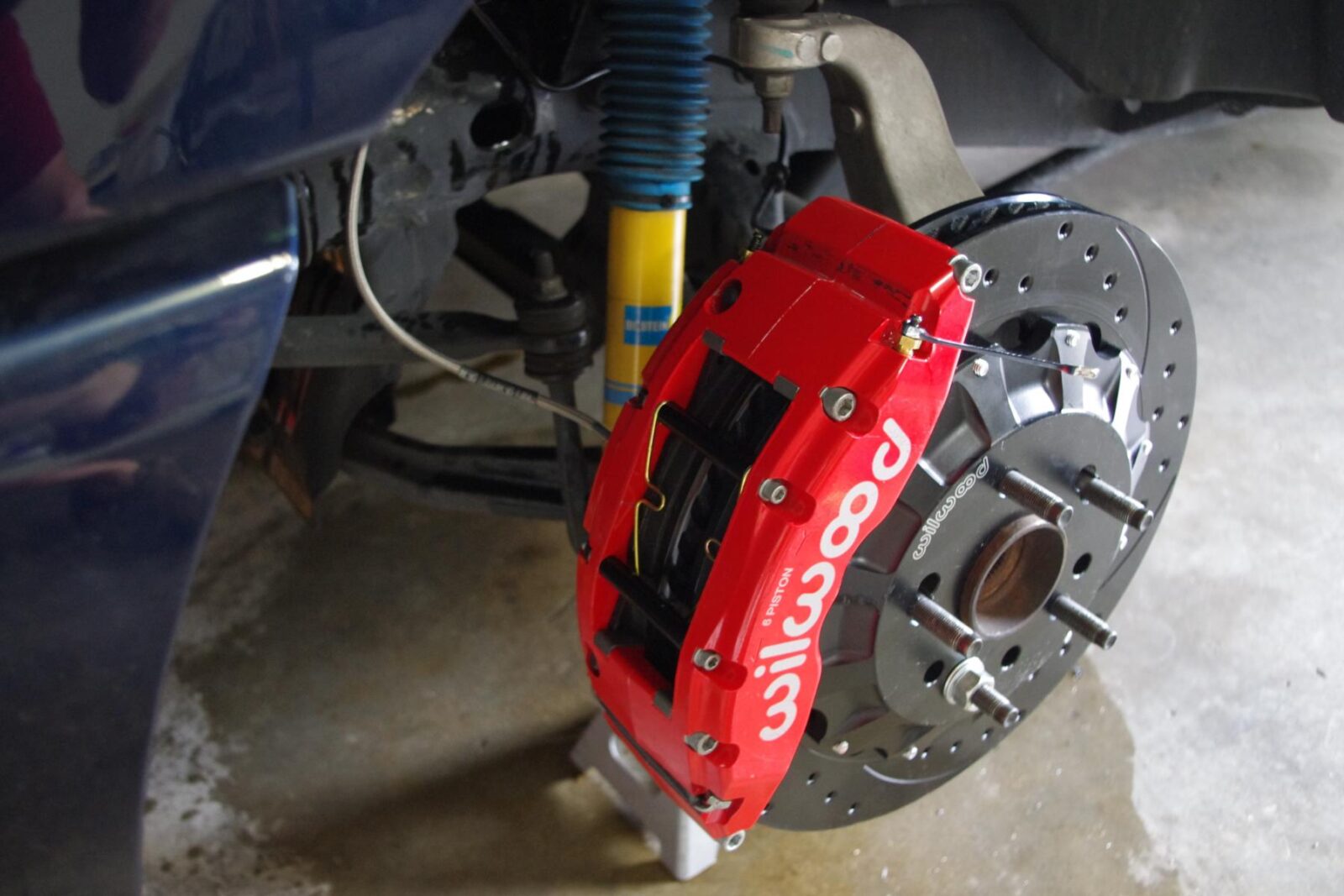
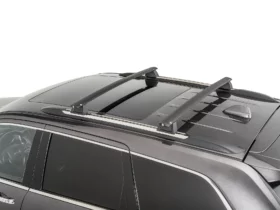
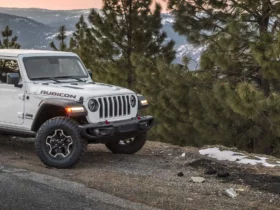
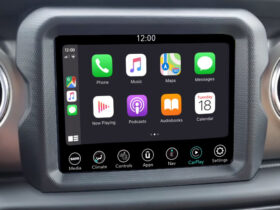
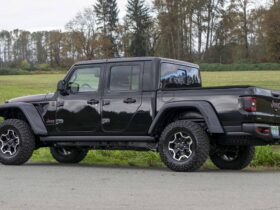
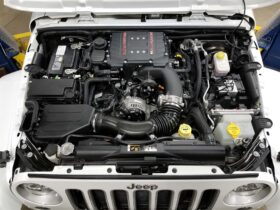
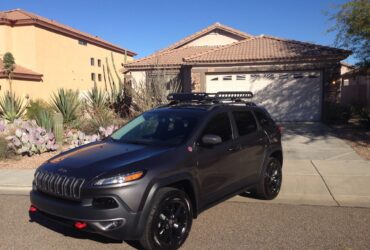
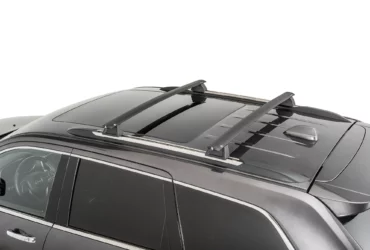
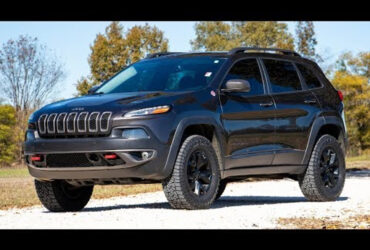
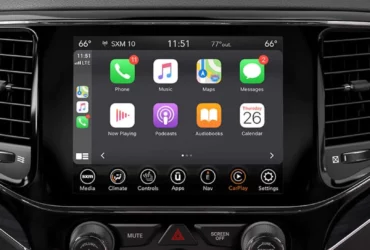
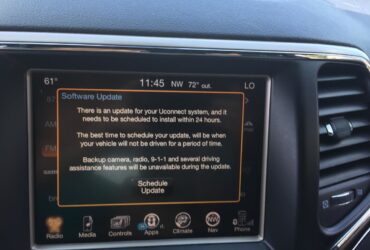
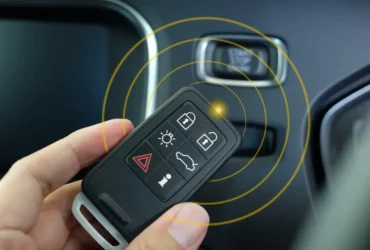
Leave a Reply